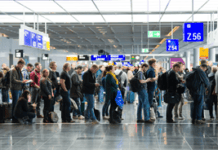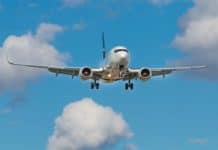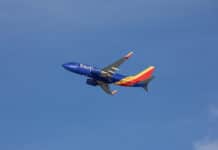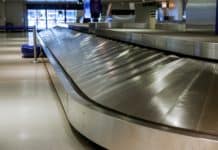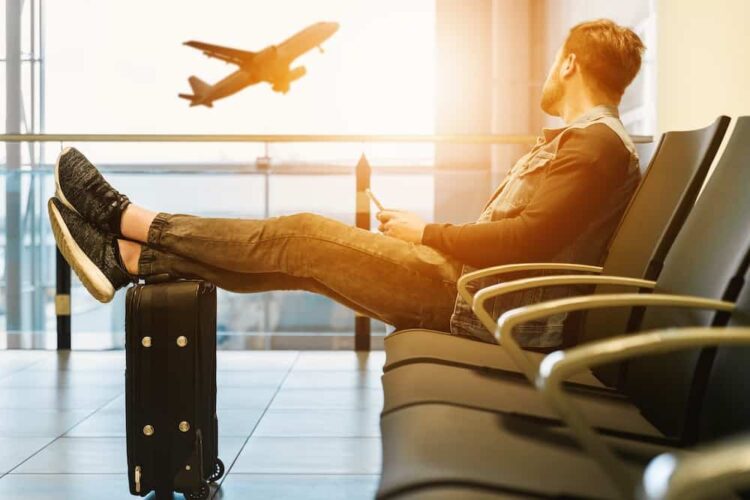 Airlines have long offered compensation to air travelers whose flights are delayed or stranded, but the system has been largely voluntary. Now, the Biden administration is proposing to establish mandatory rules—a plan already being opposed by the airline industry.
Airlines have long offered compensation to air travelers whose flights are delayed or stranded, but the system has been largely voluntary. Now, the Biden administration is proposing to establish mandatory rules—a plan already being opposed by the airline industry.
“Later this year, my administration will propose a historic new rule that will make it mandatory, not voluntary but mandatory, for all U.S. airlines to compensate you with meals, hotels, taxis, ride shares and rebooking fees, and cash miles and or travel vouchers, whenever they’re the ones to blame for a flight cancelation or delay,” Biden said at a May 8 press conference alongside U.S. Transportation Secretary Pete Buttigieg. “And that’s all on top of refunding the cost of your ticket.”
The proposed rules come after a two-year-long effort by DOT to get airlines to commit to compensation policies. That campaign, organized under the agency’s FlightRights.gov portal, secured pledges from the 10 largest U.S. airlines to offer meals and free rebooking on the same airline to delayed or stranded passengers, and guarantees of hotel accommodations from nine airlines.
“When an airline causes a flight cancellation or delay, passengers should not foot the bill,” said Buttigieg.
Biden Administration Hopes to Compensate Air Travelers
The proposed rule will include compensation for passengers when there is a controllable airline cancellation or significant delay; a meal or meal voucher, overnight accommodations, ground transportation to and from the hotel, and rebooking for controllable delays or cancellations; timely customer service during and after periods of widespread flight irregularities; and a standard definition of what constitutes a controllable cancellation or delay.
“While we will reserve final judgement until the official proposal is unveiled,” said ASTA’s Eben Peck, executive v.p. of advocacy, “at first glance this looks positive for travel agency clients, who tend to be frequent fliers, and consumers more broadly. We look forward to reviewing the details and to working with DOT, Congress and other stakeholders toward and more efficient and fair air travel experience.”
The International Air Transport Association (IATA) criticized the proposal, which it said would raise the cost of air travel.
“Airlines already have financial incentives to get their passengers to their destination as planned. Managing delays and cancellations is very costly for airlines,” said Willie Walsh, IATA’s director general, in a statement. “And passengers can take their loyalty to other carriers if they are not satisfied with service levels. The added layer of expense that this regulation will impose will not create a new incentive, but it will have to be recouped—which is likely to have an impact on ticket prices.”
IATA also said the new rules could raise unrealistic expectations among travelers about compensation, noting in a press statement that, “most situations would not be covered by this regulation as weather is responsible for the bulk of air travel delays and flight cancellations.”
You Might Also Be Interested In…
Flight Trackers: Our 5 Favorites
Airports and Airlines Most Likely to Lose or Damage Your Luggage



